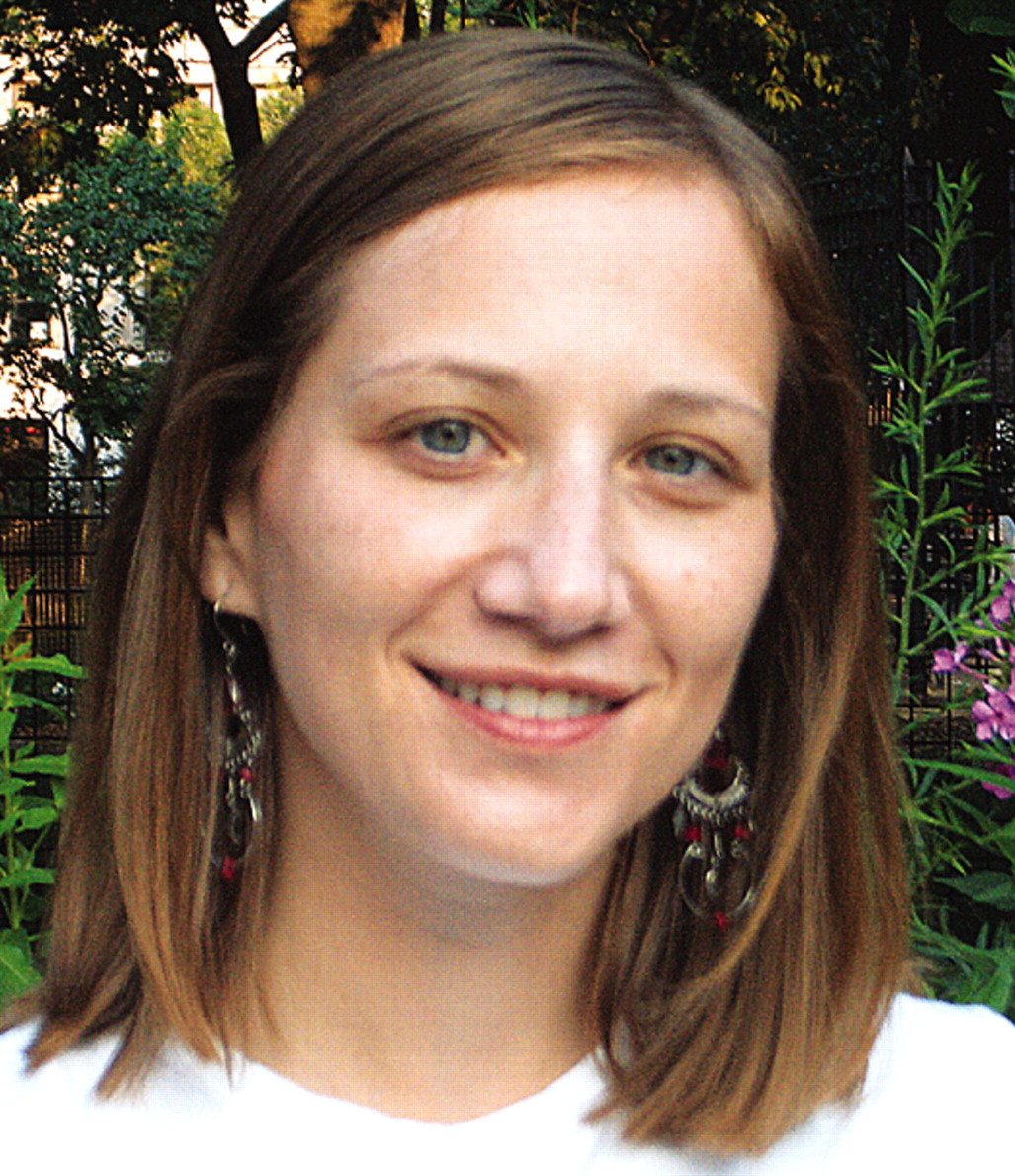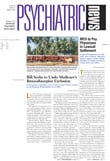A couple of weeks into my third year of residency, just as I was beginning to acquaint myself with a large and daunting caseload of outpatients, my father died. Without warning, I went from navigating another day in the clinic to making travel plans and funeral arrangements. My life as a resident would have to be put on hold.
When I received the devastating phone call on that balmy afternoon, my immediate response—thanks to a ready reserve of ego defenses—was to agonize over my patients. How would a sudden, unexplained departure affect a group of people already traumatized by the recent changeover of doctors? How could I gracefully maneuver through all of the phone calls without sounding panicked or betraying my veil of neutrality? I was stuck in a quagmire of technical questions, the answers to which were not easily found in a Glen Gabbard textbook.
As a resident in a program that clings doggedly to modern psychiatry's psychoanalytic roots, I have been served ample portions of dynamic theory. But in all our lectures on process in psychotherapy, not a single one had addressed the transference and countertransference implications of a therapist's crisis. I thought a lot about this during that period of suspended reality known as shiva, the first seven days of mourning in the Jewish tradition, and questioned whether I could treat people in pain while I myself was suffering. I grappled with issues of self-revelation, wondering how I would explore my patients' fantasies of where a “family emergency” had taken me. My own fantasies led me to fear the worst— that my patients would flee treatment, stop their medication, or decompensate.
I returned to work, emotionally at half-mast and with no clear idea of how I would manage. But I quickly found that, consciously at least, it was possible to keep my father's death out of the room. Many of my higher-functioning patients expressed relief at my return but did not linger on the issue, and we were quickly able to pick up where we had left off. For those in a more supportive therapy, I offered a direct explanation for my absence, accepted their condolences, and moved on.
Outside of the therapeutic interaction, however, I noticed a kind of self-consciousness about being a person in mourning, unsure of what others expected of me. I worried that supervisors would restrain their questions in an effort to avoid the dangerous territory where supervision becomes individual therapy. I worried that my colleagues might interpret a bright affect as pathologic. I even scanned the DSM-IV criteria for abnormal grief reaction for fear of confirming their suspicions.
I'd often respond to inquiries with intellectualized defenses, including quoting the stages of grief described by Elizabeth Kubler-Ross, who, ironically, died a few weeks after my father. There were questions of whether I was in therapy (twice weekly, thank you very much) or had considered joining a bereavement group (I had, but couldn't find one where phrases like“ identification with the lost object” were appreciated). After a while, I developed a sort of haughtiness, as if the death of a parent somehow adds to your life's curriculum vitae. Yep, now I can say that I get loss.
As I enter my final year of training and approach the first anniversary of my father's death, there are many things for which I am grateful. I am grateful for my fellow residents, who have showered me with kindness and support, offering everything from taking extra call to permitting a space for bereavement in process group. I am grateful for the supervisors who acknowledged my sorrow, but respected the work enough to keep me from drowning in it. I am grateful that patients are more resilient than I gave them credit for and that my sudden departure weaved its way into their therapies in subtle but meaningful ways.
Through the tribulations of residency, I've battled self-doubt and uncertainty. But even as I weather sadness and anger, I realize that most of my patients are doing well, and a few have even gotten better. And like my father—himself a physician who devoted much of his life to the practice of medicine—I continue to derive satisfaction from my work.
My dad would have been proud. ▪

